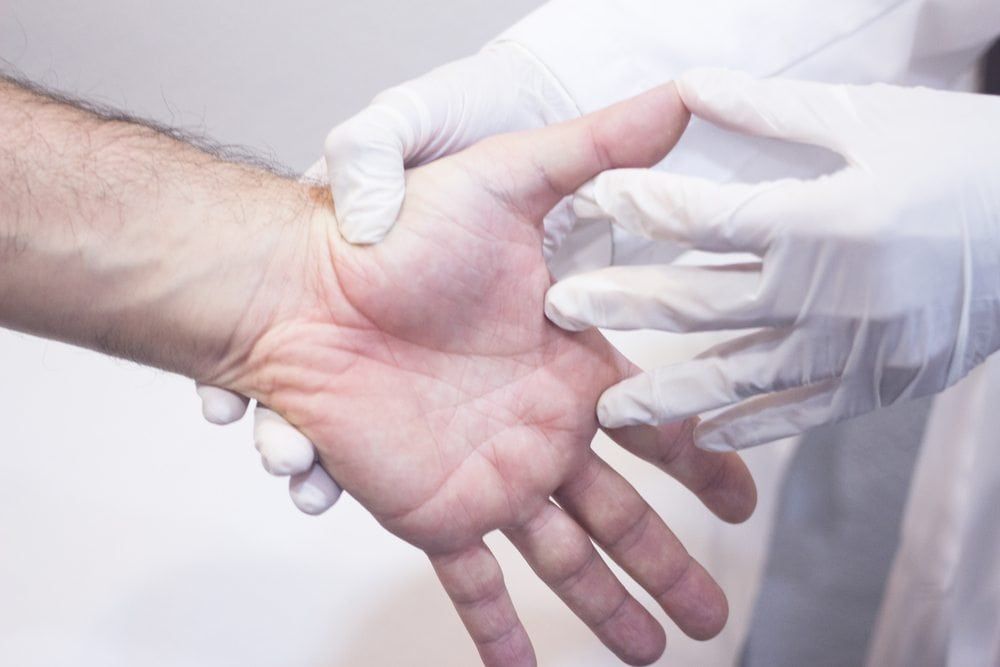Systemic sclerosis – also known as scleroderma – is a progressive disease that causes complications with various systems of the body and nearly always the skin. Almost all patients with systemic sclerosis experience a thickening or hardening of the skin. Dermatological changes occur progressively, but may eventually cause a loss of flexibility. Though some scleroderma patients never experience symptoms beyond the skin, many suffer from additional complications when the disease affects internal organs, blood vessels or the digestive tract. Aside from skin hardening, the exact symptoms associated with systemic sclerosis vary according to which areas of the body are affected by the disease.
Did you know…
that some people with ‘skin-only’ scleroderma often recover on their own within 3 to 5 years? However, individuals with the type of systemic sclerosis that affects multiple internal systems of the body usually require long-term treatment, as this version of the disease is most likely to continue to progress over time.
Frequently Asked Questions
Could I be at risk for developing systemic sclerosis?
Anyone can develop systemic sclerosis though women are at a higher risk of the disease than men are. If you have noticed a thickening of your skin accompanied by other systemic complications, consult with your rheumatologist as soon as possible.
How will a rheumatologist treat systemic sclerosis?
There is currently no cure for systemic sclerosis, although medications are available to help reduce pain the effects of systemic sclerosis on the blood vessels, digestive system and other areas of the body. In addition, physical therapy may help patients improve mobility and prevent complications of systemic sclerosis.
Is there anything I can do to help manage systemic sclerosis?
Yes, there are some steps you can take to help manage your symptoms. This includes maintaining an active lifestyle and avoiding nicotine products. Speak with your doctor about other ways of preventing complications of systemic sclerosis.











































































































































































































































































































